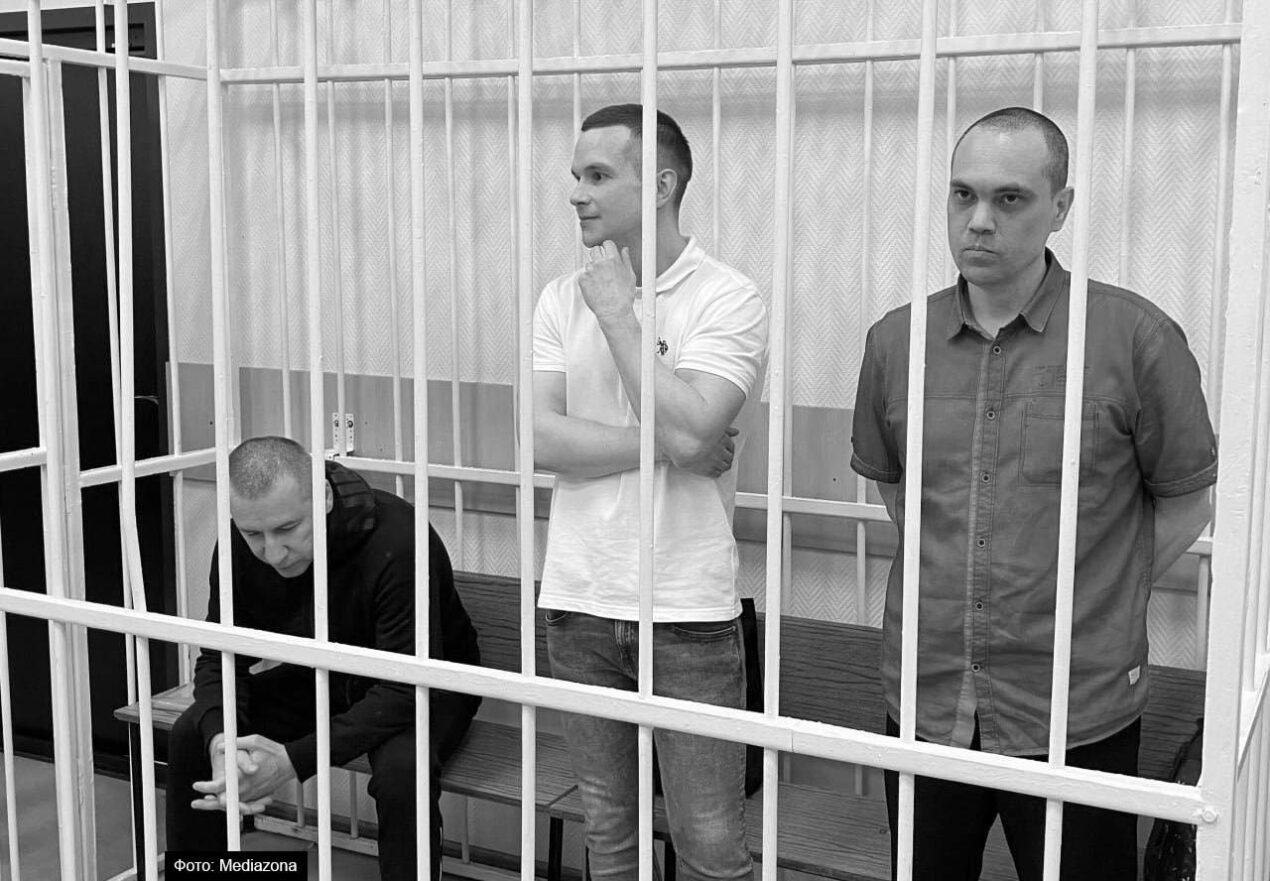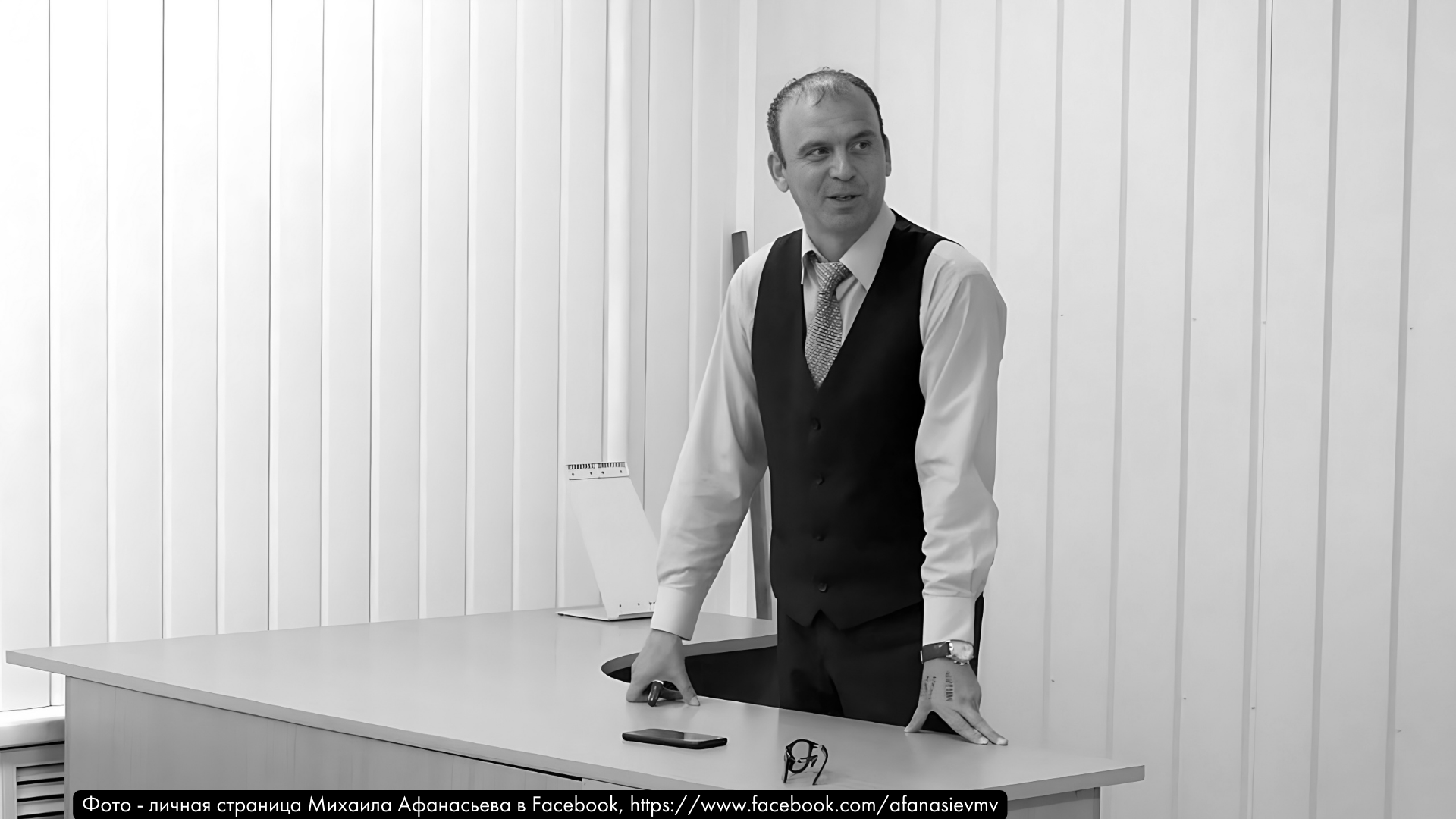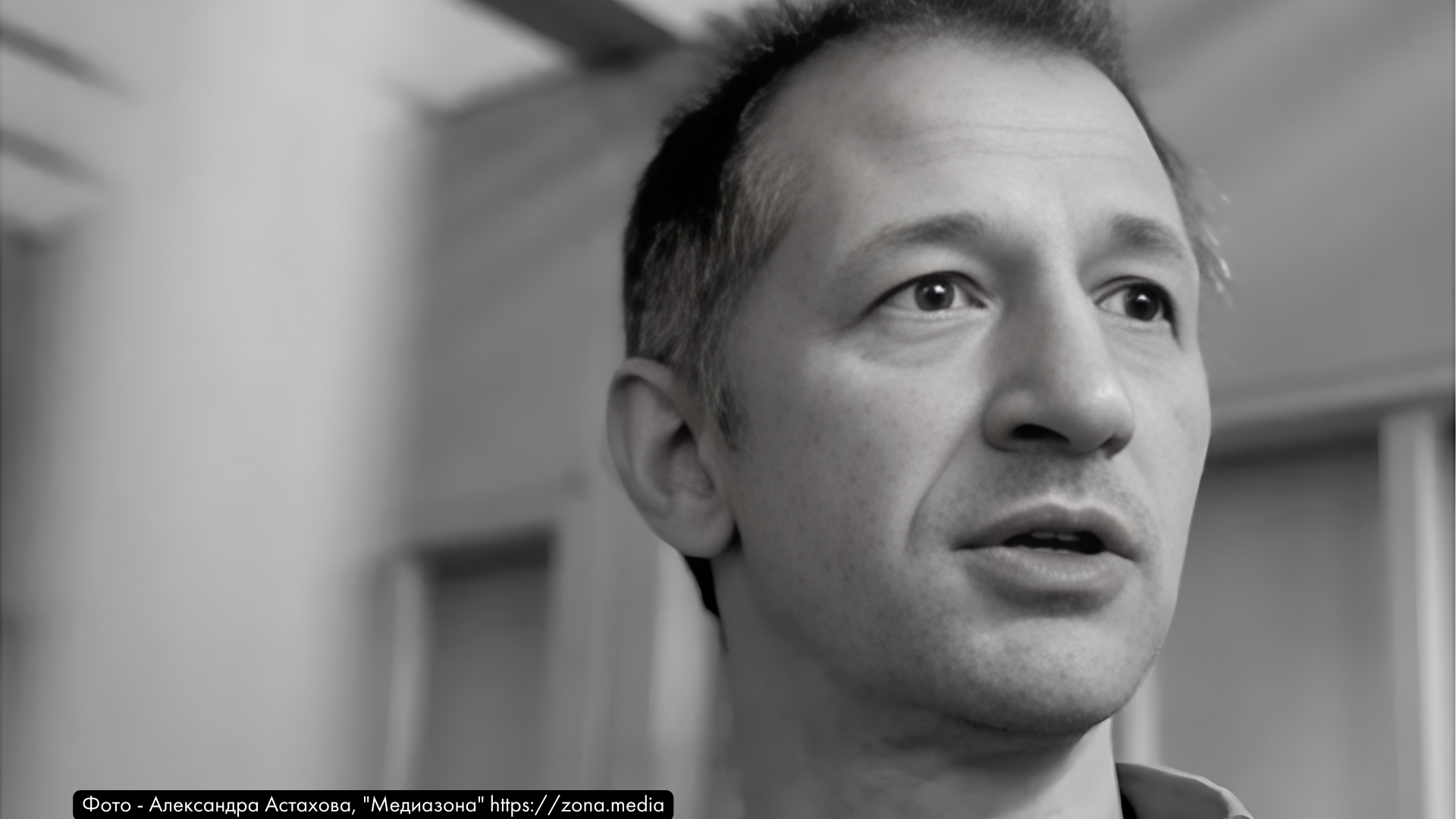
The story of Ekaterina Fomina: a journalist accused of spreading fake news and blackmail without evidence
The story of Ekaterina Fomina: a journalist accused of spreading fake news and blackmail without evidence
On August 15, 2022, the publication “Important Stories” released an investigation titled “The Commander Gave the Order: Get Rid of Them,” where journalist Ekaterina Fomina spoke with Russian military officer, Corporal Daniil Frolkin. In this interview, the corporal confessed to participating in the killing of a civilian in the Kyiv region following Russia’s invasion of Ukraine on February 24, 2022.
A few years after the investigation was published, a video surfaced on YouTube featuring a recorded conversation between Ekaterina Fomina and Daniil Frolkin, indicating that the soldier agreed to speak with journalists voluntarily.
Later, in 2024, the state agency TASS reported that Fomina had been charged under Section 207.3, part 2, item “d” (spreading fake news about the military). The report alleged that Ekaterina supposedly blackmailed the corporal in exchange for the interview, although no evidence or sources were provided by the agency. Subsequently, on June 17, 2024, the Dorogomilovsky District Court in Moscow arrested Fomina in absentia under the same article for “spreading fake news about the army.”
It is also worth noting that Daniil Frolkin, who gave the interview to Ekaterina, was conditionally sentenced to 5.5 years in 2023. The Khabarovsk Garrison Military Court issued the verdict under the same “fake news about the army” article.
Currently, Ekaterina is outside of Russia and continues her work as a journalist. The editorial team of the “IN FACT” project contacted the former editor-in-chief of “Important Stories” to find out what really happened.
We will examine this story from three perspectives: Pro, Contra, In fact
CONTRA
The criminal case against Ekaterina Fomina was initiated on January 10, 2023, and by June 21, according to court records, the journalist was arrested in absentia.
Interestingly, Ekaterina was initially accused not only of “spreading fake news” but also of doing so “as part of a group” and “for selfish motives,” under items “b” and “g” of Article 207.3. However, no materials supporting these accusations were presented by the authorities. Nevertheless, TASS claimed that Ekaterina blackmailed Frolkin, which was allegedly why he agreed to the interview. The agency also wrote that Fomina supposedly promised to take the corporal “to one of the NATO countries.” No references or documents substantiating this report were provided by TASS.
Later, both Ekaterina Fomina and her colleague, Roman Anin, the founder of “Important Stories,” were declared wanted by the authorities.
PRO
In a conversation with our editorial team, Ekaterina herself noted that she had no idea where TASS got the information about the blackmail. The journalist believes that the agency’s report is an attempt to discredit her work:
“The trial against Frolkin under the fake news article took place in March 2023. During the trial, not a word was mentioned about blackmail or that he gave me the interview unwillingly. I have about 1.5 hours of unedited video and audio recordings of the first interview with him and 20 minutes of video footage where he confesses to murder. I also have a WhatsApp message he personally sent me, suggesting, ‘Let’s call if you want more information; turn on the camera.’ I have all the screenshots of our correspondence over the months while preparing the investigation. Not a single message contains threats, blackmail, or manipulation,” Ekaterina told us.
Here, it is worth referring to the criminal case against Corporal Frolkin initiated in 2022. The article is the same as Ekaterina’s: “spreading fake news,” and it was initiated after the interview Frolkin gave to Fomina. Moreover, in the video version of the interview, the corporal states that he was speaking with the journalists of his own volition. The trial against Frolkin was closed, and it remains unknown why exactly a criminal case was initiated against the corporal.
At the court session in Frolkin’s case, covered by the publication “Siberia.Realii,” there was no mention of blackmail by Fomina in exchange for information. Frolkin was sentenced to five and a half years of a suspended sentence, with a two-year ban on holding positions in state bodies.
Ekaterina Fomina attempted to contact the corporal to find out details of the case and the trial, but the young man left the journalist’s messages unanswered. His current whereabouts are unknown.
In our conversation, Ekaterina said that she also does not understand what exactly she is being accused of. Fomina’s lawyer was simply refused access to the case materials:
“Since January, I have not seen the order to initiate a criminal case; my lawyer was denied access to it. So, where TASS got their information – it is better to address them. Even the defendants do not know what they are accused of. I am under arrest in absentia and declared wanted, yet I haven’t been informed of the charges. Rather, they simply denied my lawyer,” she explained.
IN FACT
The investigation by “Important Stories” and its nearly 40-minute video version speak for themselves. Journalists conducted interviews with civilians, captured on camera the devastated settlements, looted homes, and destroyed military equipment. The entire footage is corroborated by Frolkin’s words, who openly spoke on camera about the invasion. The soldier admitted to killing a civilian Ukrainian and looting and accused his commanders of “not considering soldiers as human beings”:
“I, Corporal Daniil Andreevich Frolkin, confess to all the crimes I committed in Andreevka: shooting civilians, robbing them, taking their phones, and the fact that our commanders do not value our soldiers, all the infantry fighting on the frontline. And after this, I want to state: take measures to punish commanders — Colonel Azatbek Asanbekovich Omurbekov, Colonel Dmitrenko, Deputy Brigade Commander Klobukov, and Intelligence Chief Lieutenant Colonel Romanenko. He led intelligence poorly, leading our people to death. Deputy Brigade Commander Lieutenant Colonel Prokuror ordered the shooting,” Frolkin stated.
In Ukraine, Frolkin is also facing charges for violating the laws and customs of war. Under this article, the Russian soldier could face life imprisonment.
Ekaterina Fomina, now outside Russia, continues her journalistic work despite the arrest in absentia and being declared wanted:
“The original source of the ‘blackmail’ information is TASS. They do not cite anything. So it’s pure fabrication, aimed at discrediting me and hindering my further journalistic work — so that my potential subjects Google and see that I am supposedly a blackmailer. It won’t work; I continue my work and will keep writing the truth that the authorities so fear,” she said.
In reality, the Telegraph Agency of the Soviet Union (the former meaning of the TASS abbreviation) demonstrated a classic example of spreading unverified information as truth. This clinical case will later be studied in journalism faculties of Russian universities.
And the case of spreading “TASS reports” (read: fake news) will sooner or later be reviewed by a court.





